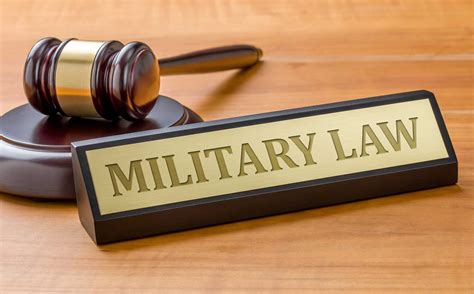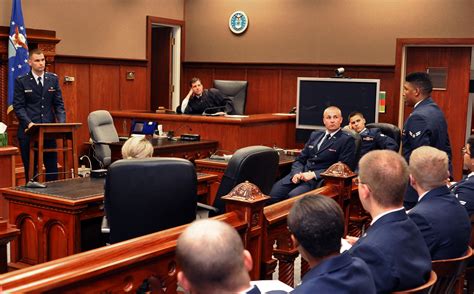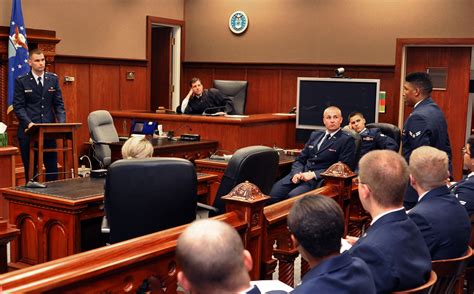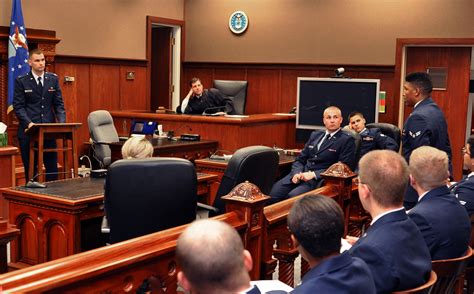Intro
Discover the intricacies of military law with our in-depth article, revealing 5 key facts that shed light on the Uniform Code of Military Justice (UCMJ), court-martial procedures, and the role of military lawyers. Learn about the unique aspects of military jurisprudence, including non-judicial punishment, military tribunal systems, and the intersection of civilian and military law.
The military is a unique institution with its own laws, rules, and regulations that govern the conduct of its personnel. Military law, also known as military justice, is a critical aspect of the military system, ensuring that service members are held accountable for their actions and that the integrity of the institution is maintained. Here are five key facts about military law that highlight its importance and scope.
What is Military Law?
Military law is a body of law that governs the conduct of military personnel, both on and off duty. It is based on federal law and is enforced by the military justice system, which is separate from the civilian justice system. Military law applies to all branches of the military, including the Army, Navy, Air Force, Marine Corps, and Coast Guard.

How Does Military Law Differ from Civilian Law?
Military law differs from civilian law in several key ways. First, military law is based on the Uniform Code of Military Justice (UCMJ), which is a federal law that governs the military justice system. The UCMJ is a comprehensive code that covers a wide range of offenses, including crimes against persons, property, and the military itself. Second, military law is enforced by military courts-martial, which are separate from civilian courts. Military courts-martial are presided over by military judges and are composed of military personnel who serve as jurors.
Key Principles of Military Law
There are several key principles that underlie military law. These include:
- Chain of command: Military law is based on the principle of chain of command, which means that service members are accountable to their superiors and must follow orders.
- Discipline: Military law emphasizes the importance of discipline, which is essential for maintaining good order and morale in the military.
- Accountability: Military law holds service members accountable for their actions, whether on or off duty.
- Fairness: Military law is designed to be fair and impartial, ensuring that service members are treated equally and without prejudice.

Types of Military Offenses
Military law recognizes a wide range of offenses, including:
- Crimes against persons: These include offenses such as assault, battery, and murder.
- Crimes against property: These include offenses such as theft, vandalism, and arson.
- Crimes against the military: These include offenses such as desertion, absenteeism, and disobedience.
Military Courts-Martial
Military courts-martial are the primary mechanism for enforcing military law. There are three types of courts-martial:
- Summary court-martial: This is the lowest level of court-martial and is used to try minor offenses.
- Special court-martial: This is a mid-level court-martial that is used to try more serious offenses.
- General court-martial: This is the highest level of court-martial and is used to try the most serious offenses.

Gallery of Military Law
Military Law Image Gallery






Frequently Asked Questions
What is the Uniform Code of Military Justice?
+The Uniform Code of Military Justice is a federal law that governs the military justice system.
What are the key principles of military law?
+The key principles of military law include chain of command, discipline, accountability, and fairness.
What are the different types of military courts-martial?
+There are three types of military courts-martial: summary court-martial, special court-martial, and general court-martial.
In conclusion, military law is a critical aspect of the military system, ensuring that service members are held accountable for their actions and that the integrity of the institution is maintained. Understanding the principles and mechanisms of military law is essential for anyone interested in the military or military justice system.
